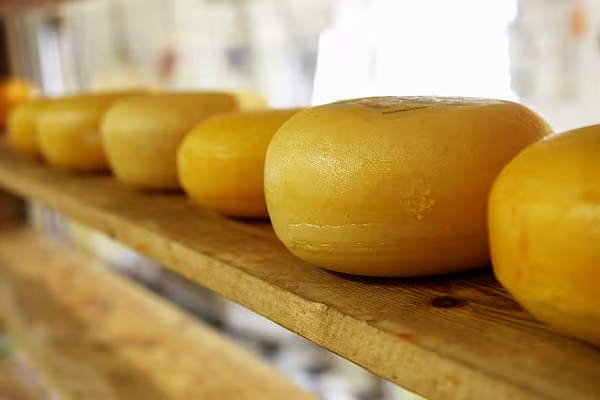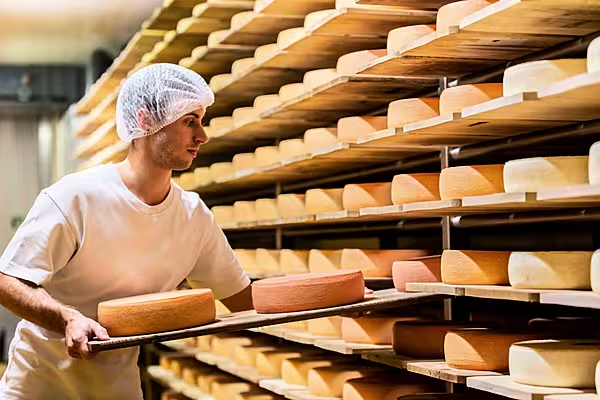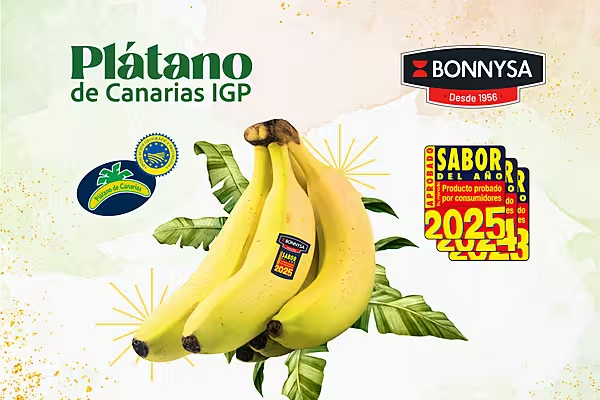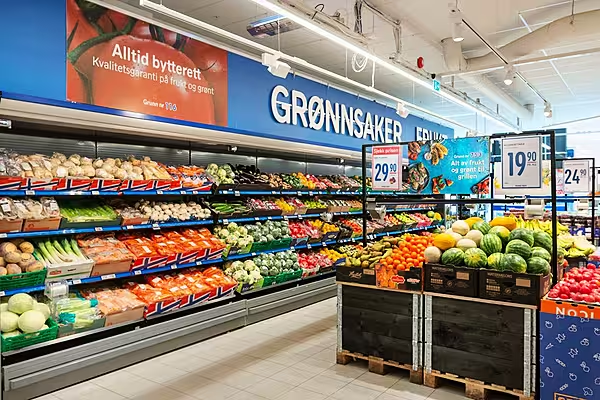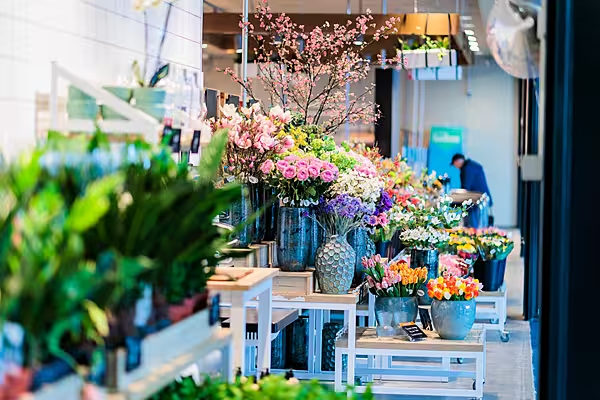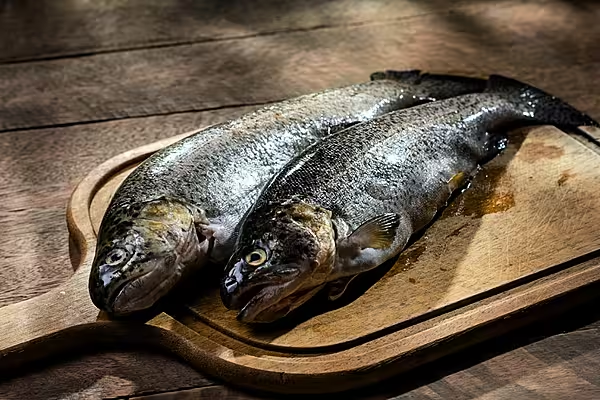Surrounded by 15-kg (33 lb) wheels of cheese ready to be carted away in horse-drawn carriages, a dairy farmer in the Dutch city of Gouda faces off against a cheese trader wearing traditional wooden clogs.
Staring each other in the eyes, they clap their hands together until they seal a deal, recreating an auction ritual that dates back to medieval times.
These days the historical cheese market - now a tourist attraction - operates under a shadow.
Two famed Dutch cheeses, Gouda Holland and Edam Holland, are among the many artisanal European products threatened with US tariffs the Trump administration announced on 8 April.
Alternative Outlet
"If they cannot be exported to America, we will have to find another outlet," said Jan de Goeij, a retired cheesemaker who plays the part of trader. He knows that would mean accepting lower prices.
"So we are very concerned about that threat from Trump. I hope it won't happen."
The United States could impose $11 billion (€9.78 billion) worth of European export products with tariffs over subsidies for Airbus, and Europe threatens to retaliate over US tax breaks for Boeing, a dispute that seems far removed from the Dutch cheese industry.
The Dutch, the world's second-largest agricultural exporter after the United States, send €78 million ($88 million)worth of cheese products to the US every year, according to Statistics Netherlands.
Honorary Title
Ironically, Gouda gave US Ambassador to the Netherlands Pete Hoekstra an honorary title - Waegemeester, or 'Master of the Scales' - just days before the tariff threat was announced.
"I don't think Ambassador Hoekstra should give that honorary title back," said Gouda cheese producer Johan de Wit.
"If we now ask it back we will only get negative effects."
Gouda and Edam cheeses can be made anywhere in the world by farmers who follow the correct processes.
But the "Gouda Holland" and "Edam Holland" geographical designations can only refer to cheeses made entirely in the Netherlands.
